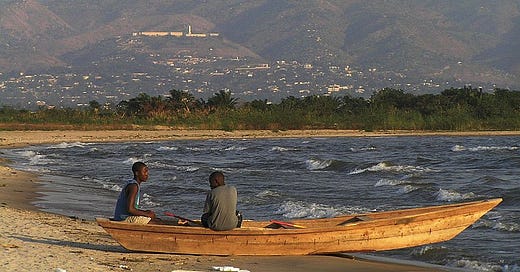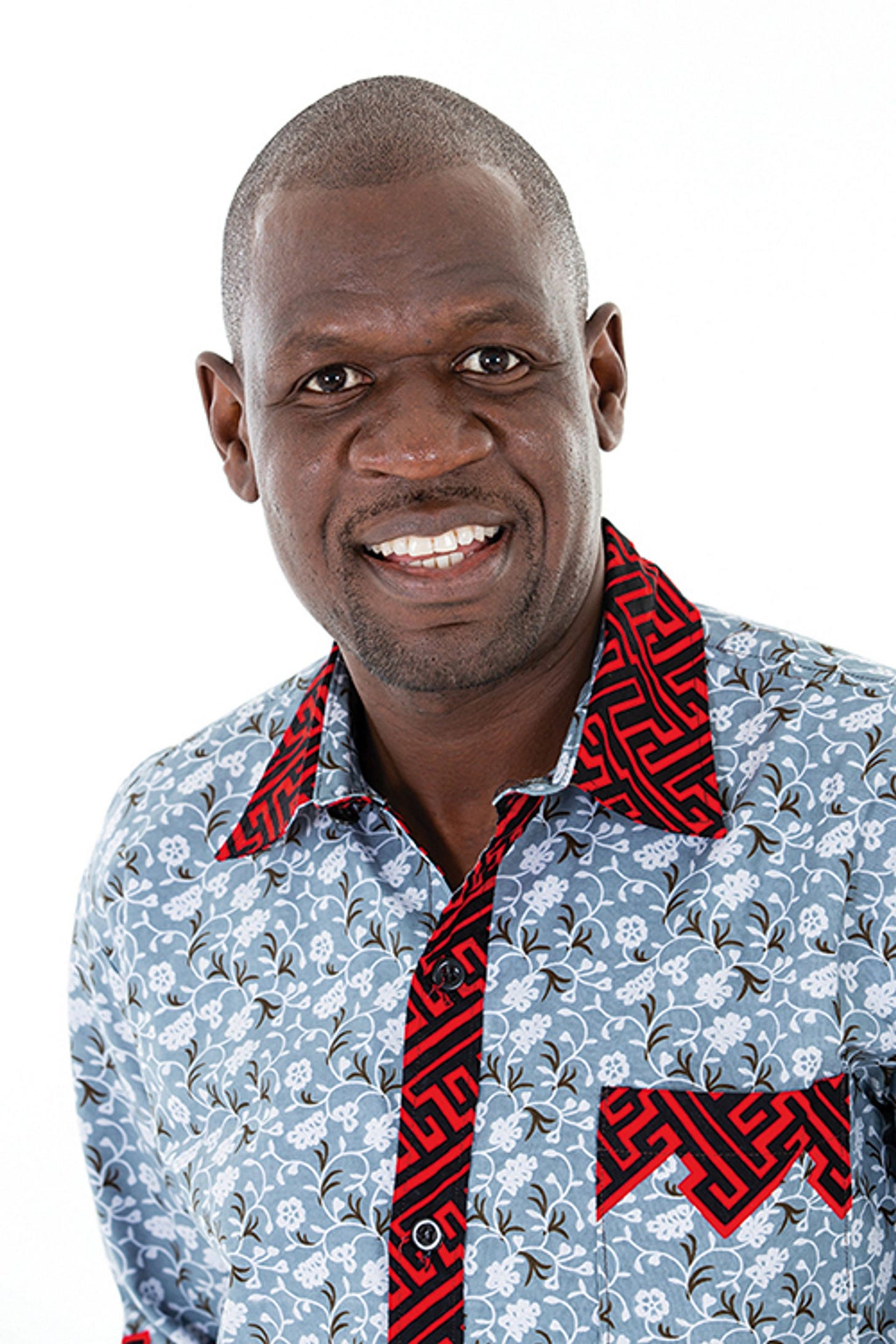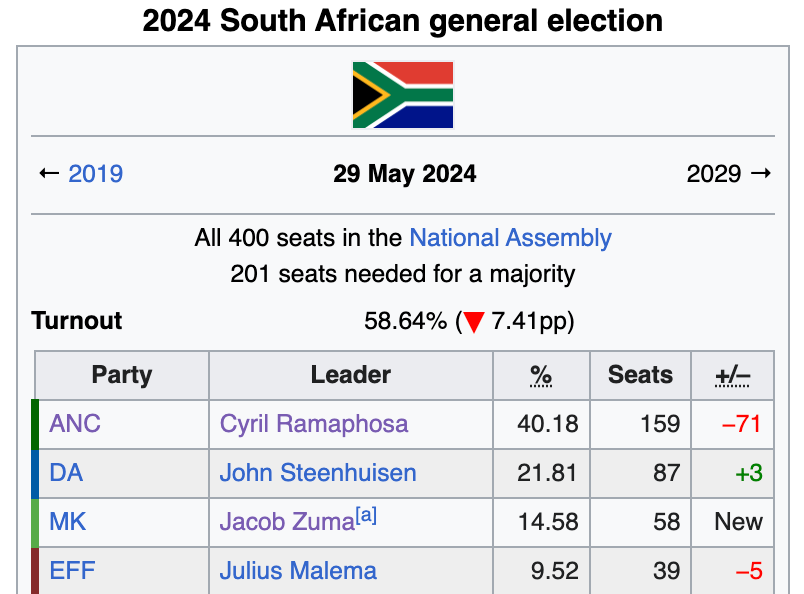Photo of the Day
Spotlight Stories
Africa's Archaeological Past Gets a Much-Needed Makeover
Tired of the same old story of African history being stolen and overlooked? Well, the Oxford Encyclopedia of African Archeology, a new reference work that's shaking things up in the world of archaeology.
Edited by the Zimbabwean archaeologist Shadreck Chirikure, this compendium aims to give credit where credit is due – to the African researchers (mostly women) who have been erased by more famous European names. It's like a long-overdue apology letter from the academic world.
3 Millions Years of African Life, Organised in a Way That Actually Makes Sense
Instead of the usual chronological structure that puts all the Stone Age experts in one group and the Iron Age experts in another, Chirikure has organized the papers into six thematic chapters that cut across time periods.
The first chapter covers livelihoods, subsistence, and the environment, and it's a wild ride from faunal exploitation in southern Africa in the later Pleistocene (which ended 11,700 years ago) to how people interacted with the environment in Iron Age Kenya (until 500BC).
Chirikure's driving principle is that the study of the distant past is just as relevant to the present as it is to the future. He's not interested in just knowing that the Great Zimbabwe site was built in AD1000 - he wants to understand how it was a center for manufacturing, a hub for intra-African trade, and a fully functioning state. You know, the kind of stuff that actually puts food on the table.
Comprehensive and Full of Holes (But in a Good Way)
The encyclopaedia is both comprehensive and full of holes, but in a good way. Chirikure aimed for gender parity and wanted at least 50% of his writers to be based in Africa, but those parameters instantly narrowed things down.
Turns out, there are a lot of reasons why African scholars end up working outside of Africa (lack of funding, infrastructure, and conflicts, to name a few).
But Chirikure sees this project as a statement of hope. He wants seasoned researchers to unlearn biases and the next generation of archaeologists to find inspiration. And hey, maybe one day we'll see this encyclopaedia translated into all the African languages that the writers represent.
ANC's Post-Election Scramble: Coalitions, Compromises, and Chaos
The African National Congress (ANC) is still reeling from its worst election result in history, and now they're scrambling to build a stable coalition that might even involve a national unity government.
President Cyril Ramaphosa has hinted at an alliance with parties other than Jacob Zuma's uMkhonto weSizwe (MK) party, the big winner in last week's vote. But with just over 40 percent of the vote, the ANC is forced to negotiate a coalition agreement to retain power.
Insiders suggest that Ramaphosa is leaning towards a broad arrangement, possibly a unity government, that would include the market-leaning Democratic Alliance (DA) and the Inkatha Freedom party.
However, there's substantial opposition within the ANC to any alliance with the DA, which many regard as a white pro-business party. Paul Mashatile, South Africa's deputy president and a possible challenger to Ramaphosa, is strongly opposed to a deal with the DA.
The Art of the Deal: Balancing Reformists and Radicals

Some favour a pact with Julius Malema's Economic Freedom Fighters (EFF), which supports nationalisation and land expropriation.
The EFF has nearly enough MPs to give the ANC a working majority, but Malema (who has moderated his fiery tone in recent days to woo the ANC) has set conditions for his support, including securing the finance ministry and speaker of the National Assembly for the EFF (talk about tough negotiations!).
Meanwhile, Zuma has hinted at the possibility of violence if the election is not rerun and has said he would not deal with the ANC unless it sacked Ramaphosa, with the two famously not getting along.
An ANC insider said there was deep division about which direction to take, with a move towards the DA being a victory for ANC "reformists" but a defeat for those who want a more radical transformation of the economy.
The ANC's post-election scramble is a delicate balancing act between reformists and radicals, with the future of South Africa hanging in the balance.
Nigeria: Unions Pull the Plug on the Nation
Millions of Nigerians woke up to a not-so-bright morning as the country was plunged into darkness shortly after 2 am yesterday. Union members decided to stage a protest by preventing operators at power control rooms from working and shutting down electricity substations.
Many flights have had to be cancelled in Lagos, and in the capital, Abuja, where passengers were left stranded.
They're demanding an increase in the minimum wage, claiming that the current rate of 30,000 naira ($22) a month is simply not enough to survive on.
The Government's Offer Falls Short, Literally
The government is trying to appease the unions by offering to double the minimum wage, but the unions are demanding a minimum wage of 494,000 naira ($369), which they say reflects the current economic realities.
However, the government argues that accepting these demands would cripple the economy and lead to job losses, as many businesses would not be able to pay their workers and would have to close.
This strike is the fourth since President Bola Tinubu took office last year, and Nigerians are feeling the pinch of a double whammy: the removal of a fuel subsidy and a collapse in the value of the naira, leading to the worst economic crisis in a generation.
While the government claims these measures are necessary for long-term economic reform, inflation has risen to nearly 34%, and wages have not kept up. It seems that for now, Nigerians will have to navigate this power struggle in the dark.
Food for Thought
“If you pick up one end of the stick you also pick up the other."
— Ethiopian Proverb








